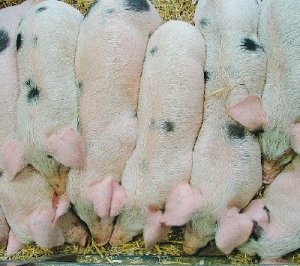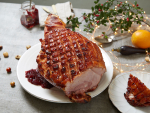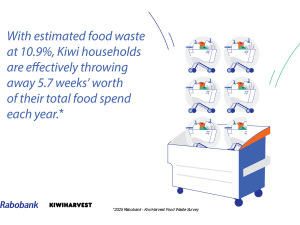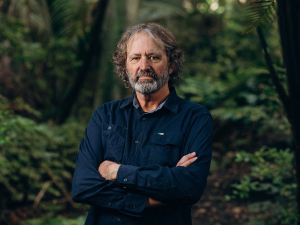NZPork has filed papers appealing against a High Court judgment which it says would have opened the way for new import health standards, and exposed New Zealand's pigs to the Porcine Reproductive and Respiratory Syndrome (PRRS) virus.
Ian Carter, NZPork chairman, says NZPork has been left with no option because the Ministry of Primary Industries' (MPI) response to the judgment on May 4 did not alleviate the industry's concerns, which is to effectively manage the risk of PRRS infecting New Zealand's pig herd.
"Courts cannot determine scientific arguments, but we hoped the High Court would require MAF – now the Ministry for Primary Industries – to follow a more robust and transparent process that considered the science and the New Zealand environment before relaxing the import rules," Carter says.
"How can MPI decide that the risk of a PRRS outbreak is 'acceptable' without knowing how much diseased product we might expect to enter New Zealand, how it would be disposed of, and where any waste would end up?
"We need effective controls and enforcement around waste feeding to pigs, and that all pig owners know what the rules are. This needs to be done before infectious product is released. As a farmer I've seen no evidence of this actually happening, out in rural areas where the risk is. We cannot allow our animals and our livelihoods to be at the mercy of imported infectious pig meat without evidence from MPI that they can manage the risk.
"The rules in place until now have kept our animals safe from PRRS, making New Zealand one of very few countries in the world that have remained free of PRRS.
"This is not a trade matter. Pig meat imports from countries affected by PRRS have almost doubled since the rules requiring treatment of potentially infected meat were introduced in 2001. In total, about 800,000 kg of pig meat is imported into New Zealand each week, which is about 45% of total pig meat consumed.
"Concern with New Zealand's biosecurity is growing right now, with New Zealand's primary industries suffering with PSA, and the tomato and potato psyllid to name a couple. New Zealand has just mounted a significant exercise to check for an incursion of the Queensland fruit fly. The pig meat issue is yet a further example of loosening biosecurity controls by knowingly permitting an exotic highly infectious organism to be released into New Zealand.
"It is our farmers who will have to live with this devastating virus every day long after the MPI officials have moved on," Carter says.











